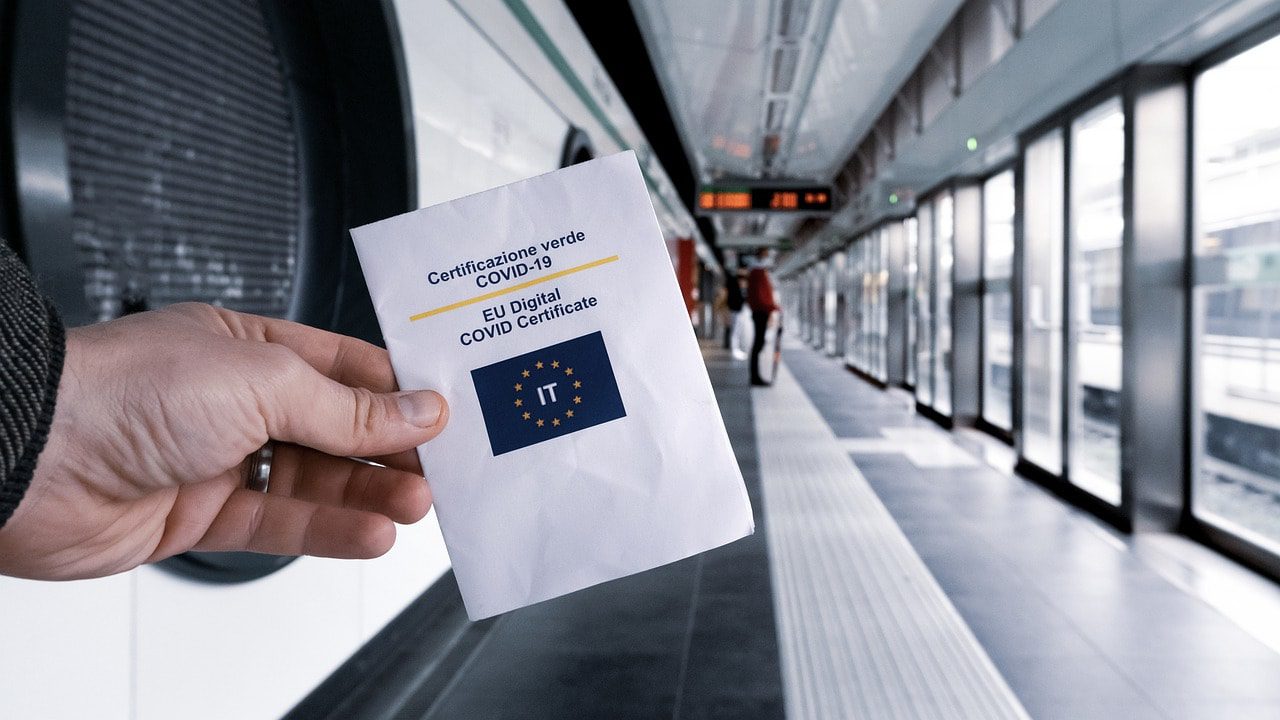
The world’s largest and best-known human rights group, Amnesty International, is throwing its full weight behind the unvaccinated.
That is, the full weight of its Italian branch.
With mandatory vaccinations for those over the age of 50, and the use of public transport and various other services being dependent on vaccination status, Italy maintains one of the strictest COVID-19 policies in Europe. In a statement released on Friday, Amnesty International is challenging the country’s approach.
While the NGO continues to promote the equitable and global distribution of vaccines, even as the world is dealing with a milder Omicron strain, it has put forward a set of guidelines concerning the unvaccinated. Calling attention to the principles that should inform policy, such as “legality, legitimacy, necessity, proportionality and non-discrimination,” it stated that any public health policy “must be based on the most up-to-date and verifiable scientific evidence, motivated by proven objective reasons and accompanied by clear and transparent methods of communication.”
Italy has been in a national state of emergency for almost two years now, with an extension in place until March 31st this year. An additional extension beyond that point Amnesty has urged the government to “reconsider,” and that “emergency measures must respond to the principles of necessity, temporariness and proportionality.” Promotion of “clear and inclusive forms of communication” to make the population adopt “responsible behavior for protection of collective safety” and adhere to “public health guidelines” was also advised.
On the topic of mandatory vaccination specifically, Amnesty International disapproves of a generalized implementation. It urges restraint, requiring them “only as a last resort,” and then only in accord with an “evidence-based logic that explains why the goal cannot be achieved with less restrictive measures,” and always “strictly in line with international human rights standards.” Should an increase in uptake be deemed necessary, it proposes a focus on the promotion of voluntarism instead.
Italy’s controversial Green Pass received comment as well. Instituted in August last year, the pass bars unvaccinated citizens from most public spaces. Calling to mind “the right to education, work and care,” the organization stressed that it must be a “time-limited device,” and voiced a preference for the use of masks and COVID-19 tests. The latter would allow the unvaccinated population to continue going about its business and use public transport, it said. The right to peaceful protest, without “any act of unjustified aggression or violence” against protesters, was also upheld by the organization.
Some Italian politicians reacted positively to the statement, among them, Minister of Parliament and member of Salvini’s rightist Lega Nord, Francesca Donato. On Monday she posted a tweet, thanking Amnesty for “listening to our plea and raising your voice to stop discrimination against innocent, healthy people.”
Thank you @amnestyitalia for listening to our plea and raising your voice to stop discrimination against innocent, healthy people https://t.co/uAMqOuTgzc
— Francesca Donato (@ladyonorato) January 16, 2022
Others, however, have noted the selectivity of the statement:
Another of the big old regiments has finally arrived in the fight after being missing in action for two years. Welcome @amnesty. Now let's see your troops engaging in all countries oppressed by the vax pass.https://t.co/p96NfZS989
— Ian Garrick Mason (@iangarrickmason) January 17, 2022
It indeed is worth remarking that more intrusive applications, as in an all-encompassing vaccination scheme such as Austria envisions, thus far remain outside Amnesty’s ambit.
At any rate, the fact that a Western, formally democratic European country is being upbraided—however gently—by the human rights group, is something Europeans are rather unused to.
